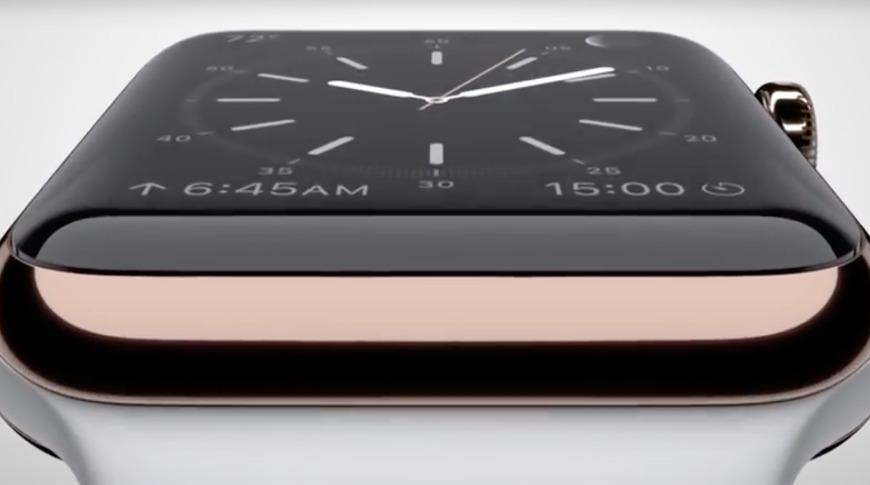Apple still depends on traditional American engineers, and is slowly losing them
Apple and all technology firms outsource work to around the globe, yet it's crucial that they keep key skills in America — and no one is training the new generation.
Apple products say, "Designed in California," but you know that even that design work takes in talent from around the entire world. Then there's the manufacturing which is also a global endeavour — even for the Texas-built Mac Pro which needs components from worldwide. It's one great planet-wide machine, but as we look to solutions outside the US, we are losing skills that no country is attempting to save.
Jony Ive regularly talked about this during his time with Apple. He spoke frequently about how it is now hard to hire good young designers.
"So many of the designers that we interview don't know how to make stuff, because workshops in design schools are expensive and computers are cheaper," Ive told the Design Museum in 2014. "That's just tragic, that you can spend four years of your life studying the design of three dimensional objects and not make one."
It's sometimes the same with less visible, physical products such as teamwork. In 2012, former Apple executive Bob Mansfield announced his retirement.
"Bob has been an instrumental part of our executive team, leading the hardware engineering organization and overseeing the team that has delivered dozens of breakthrough products over the years," Tim Cook said at the time. "We are very sad to have him leave and hope he enjoys every day of his retirement."
That was June of 2012, and it took until August of that year for Cook to find a replacement — in the guise of Bob Mansfield. He barely had any retirement days to enjoy before he was hired back and put in charge of what Apple would only describe as "new products."
Reportedly, it was really one new product, singular, and according to the Wall Street Journal, that's the Apple Car. AppleInsider described it as Apple's most ambitious project ever, and Mansfield landed it after he'd retired.
For an industry that is seemingly obsessed with youth, technology companies are finding that experience is hard to come by — and that it needs to be kept when it exists. Software engineer and iMovie creator Glenn Reid originally made his mark at Adobe and then Steve Jobs's NeXT in the late 1980s, before quitting and being rehired by Jobs at Apple.
He was rehired twice. Reid told the AppleInsider podcast about how, and why, Steve Jobs just would not let him go.
According to The Information, Apple has also been repeatedly re-hiring one engineer, Mike Janicek, because they simply cannot find new recruits who can do what they need.
"This is an industrywide problem, not just for Apple," Janicek told The Information. "There aren't that many really experienced manufacturing engineers in the US."
"Kids don't grow up working on cars or fixing stuff anymore," he continued. "Instead, if they need an answer, they'll look it up on Google."
Janicek, now 61, was originally a contractor working at an Apple keyboard and mouse factory in 1984. Then he was brought back from 2002 to 2009 to supervise manufacture of connectors and cases.
And then he was hired yet again in 2014 because there were problems with the Apple Watch, which was then in development. The Watch was delayed and while Janicek has expertise in the vanishing arts of metalworking, and machine tooling, he was also used to getting things done.
In 2009, weary of constant travelling between Cupertino and its Chinese manufacturers, Janicek quit. "I needed a break from Apple."
While we can assume that all companies are trying this, The Information says that Apple has taken to recruiting away from its usual technology fields. For example, it hired car paint expert John Payne in 2006.
"If you were to ask me 10 years before I joined Apple if I would work for a computer company, I would have laughed and said, 'No, why would they need me?'" he told The Information. But his expertise at color coating of metals and other materials, meant he was needed for Apple's tooling team.
"The thing I loved about Apple was you didn't have to go with the known manufacturing solution," he said. "You could prove out something new, and if you didn't try 200 different things, you were looked at as if you weren't doing your job."
"Suppliers don't want to spend much money redesigning products for you," he continued. "They pick the material and the processes and often go with the known solution or equipment. Apple wanted perfection, not just good enough."
Apple found the expertise it needed by going to a car expert, and now Microsoft has hired Payne to work for them. It is a small pool of talent, and it is not being replenished — even though it is crucial.
In 2017, Tim Cook came as close as he ever has to publicly addressing the issue. "In the US," he said, "you could have a meeting of tooling engineers, and I'm not sure you could fill the room. In China, you could fill multiple football fields."
He meant it as praise for China, and quite rightly so, but it is also a true summary of what we have lost in the States.
Keep up with AppleInsider by downloading the AppleInsider app for iOS, and follow us on YouTube, Twitter @appleinsider and Facebook for live, late-breaking coverage. You can also check out our official Instagram account for exclusive photos.
 William Gallagher
William Gallagher











 William Gallagher and Mike Wuerthele
William Gallagher and Mike Wuerthele
 Christine McKee
Christine McKee

 Malcolm Owen
Malcolm Owen
 Marko Zivkovic
Marko Zivkovic


 Wesley Hilliard
Wesley Hilliard







